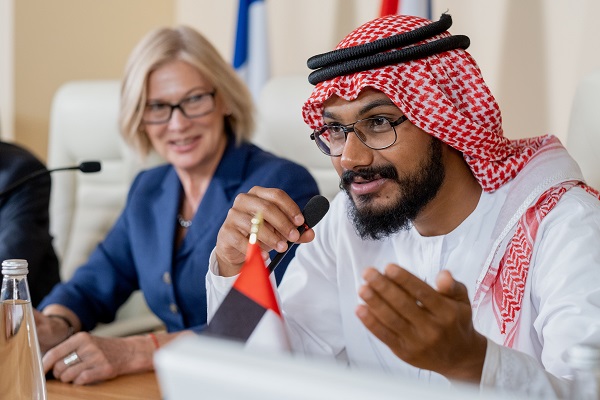Synopsis
- UAE is one of the world's largest gold trade centers
- Refiners would be subject to responsible sourcing standards
- Industry figures think the move should limit illicit gold trading
- The UAE is under pressure to tighten its laws and implement them more strictly.
Economy's Base
Thani Al Zeyoudi, UAE Minister of State for Foreign Trade, who chairs a commission supervising the gold trade, also said: “The gold and precious metals industry is vital to our economy.” The good delivery standard “would reinforce the UAE’s AML/CFT (anti-money laundering and counter-terrorist financing) framework, which is a crucial national objective and a central focus of the UAE leadership,” according to Al Zeyoudi.
Balloon Squeezing
Our recent blogs
side bar form
Add a comment
Share via :
About the Author
Pathik Shah
FCA, CAMS, CISA, CS, DISA (ICAI), FAFP (ICAI)
Pathik is a Chartered Accountant with more than 25 years of experience in compliance management, Anti-Money Laundering, tax consultancy, risk management, accounting, system audits, IT consultancy, and digital marketing.
He has extensive knowledge of local and international Anti-Money Laundering rules and regulations. He helps companies with end-to-end AML compliance services, from understanding the AML business-specific risk to implementing the robust AML Compliance framework.






